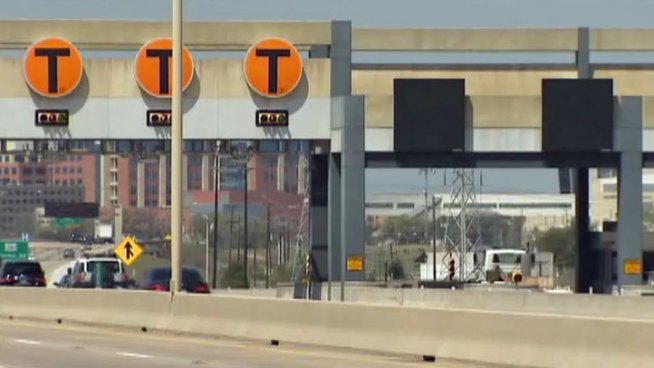There are quite a few words, foods, sayings I had never heard of before I moved to Texas. So today I thought I would list a few with pictures and descriptions of what I thought they meant vs what they actually mean (in the south). This is the first of a two part series.
 The first word I hear all the time was "fixin" (to). What I thought it meant "to repair something that was broken" or "like bonus ingredients; such as a turkey with all the fixins" Out here it means you intend to do something. For example "I'm fixin to go the lake" It is used constantly. It's known as the unofficial "official" verb of the state of Texas.
The first word I hear all the time was "fixin" (to). What I thought it meant "to repair something that was broken" or "like bonus ingredients; such as a turkey with all the fixins" Out here it means you intend to do something. For example "I'm fixin to go the lake" It is used constantly. It's known as the unofficial "official" verb of the state of Texas. The next word that is equally used if not more than "fixin" is "y'all". I always thought it just meant "you all." It was a just a shorter way to say it. Eahh wrong. It is literally used to describe two or more people. In the north or at least in Utah we say "you guys." (But trust me it is used way more frequently than we use you guys) Out here it is definitely "y'all" or "all y'all." For example "How can I help y'all", or "y'all should come over for diner" See grammar chat to the left.
The next word that is equally used if not more than "fixin" is "y'all". I always thought it just meant "you all." It was a just a shorter way to say it. Eahh wrong. It is literally used to describe two or more people. In the north or at least in Utah we say "you guys." (But trust me it is used way more frequently than we use you guys) Out here it is definitely "y'all" or "all y'all." For example "How can I help y'all", or "y'all should come over for diner" See grammar chat to the left.The newest phrase I had never heard of is "you are a mess" I honestly thought it was an insult the first time I heard someone say it. Now this one is a little hard to explain, but essentially it's a way of saying someone is funny or they make you laugh. It is used frequently when someone tells a funny story or does something hilarious.
 For my next word I have to explain how high ways out here work. Here in the DFW area we have highways, freeways, and toll roads (tollways). To me the first two are the same, but ask a true local and they'll explain the difference. Anyways that isn't really the tricky part. Out here next to almost every highway, freeway, and toll road is a service road, but it's not called a service road it is called an access road. It is marked as an access road. (Your GPS will most likely call it a service road.) Basically it is a road that runs parallel to the highways on both sides. It has traffic lights and the speed limit is usually drastically slower than the highways, but in the case of toll roads it is free. I had never dealt with tollways before we moved here. If you don't know what a tollway is it is essentially how it sounds you pay a "toll" to drive on a certain freeway. You drive under a camera and it takes a picture of your license plate and then sends you bill in the mail.
For my next word I have to explain how high ways out here work. Here in the DFW area we have highways, freeways, and toll roads (tollways). To me the first two are the same, but ask a true local and they'll explain the difference. Anyways that isn't really the tricky part. Out here next to almost every highway, freeway, and toll road is a service road, but it's not called a service road it is called an access road. It is marked as an access road. (Your GPS will most likely call it a service road.) Basically it is a road that runs parallel to the highways on both sides. It has traffic lights and the speed limit is usually drastically slower than the highways, but in the case of toll roads it is free. I had never dealt with tollways before we moved here. If you don't know what a tollway is it is essentially how it sounds you pay a "toll" to drive on a certain freeway. You drive under a camera and it takes a picture of your license plate and then sends you bill in the mail. |
| This is what a "toll station" looks like. You just drive through it. |
There you have it. The top words and phrases that I had never heard or misunderstood before I move to Texas last year. I'm definitely not claiming to be an expert in the "southern language", but I'm learning and loving it. Any Southerners or Texans that want to pipe in? I would love to hear from you. Stay tuned for part 2 "The Texas Difference Part 2, Food".


People use "chunk it" instead of chuck/throw it away. So annoying!!
ReplyDeleteAnd they say ma'am and sir quite a bit. ;)
ReplyDeleteHaha both very true.
ReplyDelete